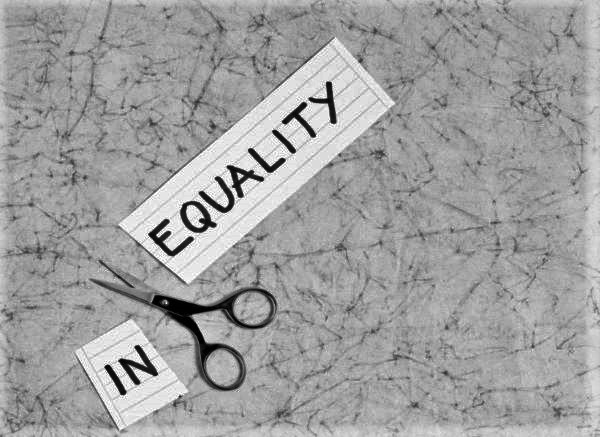Blog
Paradigm Shifts and Gaps to Achieve Gender Equality
By Gina Romero
On 11 and 12 May, the hybrid EU‑LAC Gender Equality Forum took place, led by the EU-LAC Foundation and the foreign affairs ministries of Germany, Argentina and Mexico.
A very diverse group of people participated in the forum, both in person and online, and provided information on three major topics:
- Overcoming economic and social inequalities: Access to basic services, healthcare, education and social security; Equitable participation in the economy and decent employment; Comprehensive care systems.
- Tackling climate change: Climate action and risk management for natural disasters; Increasing resilience and adaptability; Food security; Solutions based on women’s knowledge and skills.
- Political leadership and peacebuilding: Equitable participation in the public sphere; Combating gender violence in all its dimensions; Promoting the role of women in bringing about sustainable peace and security.
The input focused on taking stock of the status quo and identifying good practices, current challenges, common interests and recommendations.
I had the honour of being the rapporteur for the virtual discussion on political leadership and peacebuilding together with Gioconda Diéguez Monzón, Coordinator for Bolivia of the organisation Alianza por la Solidaridad. The dialogue was facilitated by Denise Hirao (GAIC) and Marta Castro (EU-LAC Foundation) and an average of 20 people took part over the two days.
Below I will set out some takeaways from different parts of the discussion. This article is not intended to be a summary or a systematisation of the round table on political leadership and peacebuilding; I have merely selected some aspects that seemed relevant to me because of their innovative nature:
- In recent decades, there has been a paradigm shift that has allowed the idea of the need to de-patriarchalise society to be placed on the public agenda. In concrete terms, this has advanced dialogue on penalising violence against women, marking a narrative in which the participation of women is desirable, and the fight for inclusion and equality is a relevant political statement; on collecting specific data to identify reasons for violence exercised against women; on designing and implementing instruments that recognise gender equality; and on outlining policies that promote the participation of women.
- There has been a global commitment to make international politics more inclusive, which has resulted in: a) the ratification of conventions and binding agreements associated with the elimination of discrimination against women, b) the strengthening of recommendations and standards by systems for the protection of human rights throughout the world as well as in global multilateral organisations (the United Nations, including the Security Council) and regional organisations (on the American continent, for example, the Inter-American Commission of Women of the OAS stands out), c) 12 countries around the world committing to feminist foreign policy. However, it is necessary to translate this new trend into practice, achieving coherence between international commitments and domestic efforts to tackle violations of women’s rights.
- The mobilisation of all kinds of women’s organisations and collectives has been vital for the positive changes that have been generated at all levels. The success of this process lies in the fact that women and their groups have taken to the streets, while activists and their organisations have promoted advocacy at the highest levels of the executive, legislative and international community.
- Progress is not measured solely in numbers. The fact that more women are attaining leadership positions in different institutions such as parliaments and courts of justice does not guarantee gender equality. Meanwhile, parity is a floor and not an objective, as quota laws did not eliminate the barriers to political participation, nor will gender parity guarantee that policies are transformative in terms of equality. Many interlinked actions are required, and in order for them to make progress they must be shielded from changes in political will resulting from the advance of fundamentalisms.
- Progress has been incomplete. Women are still underrepresented in decision-making spaces, and inequalities are exacerbated for indigenous women, rural women, women with disabilities, etc. There is a plethora of unenforced laws and widespread impunity for crimes against women. Additionally, crises such as the COVID-19 pandemic or waves of migration exacerbate existing inequities and gender violence.
- Discussions of gender equality must include diverse intersectional views, including the views of trans women; equally important are intergenerational work and, even more so, ending the exclusion of men from discussions on equality.
The input collected at the event will be incorporated into the technical report “that will be delivered at the beginning of May to the authorities of the CELAC PPT and the EU who are preparing the Summit of the EU-CELAC Heads of State and Government in July 2023”, according to the call document. At the end of the event, several people insisted on the need for the Summit to include a broad range of civil society organisations and representatives of social movements, but it was not yet clear what form their participation would take.
The recordings of the general sessions held on both days can be found here.
About the author:
Gina Romero is a social activist, social entrepreneur and expert in civic education, youth empowerment, integrity and anticorruption as well as democracy strengthening.
Published on July 27, 2023.
